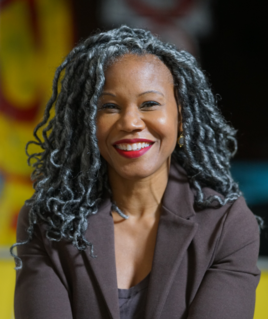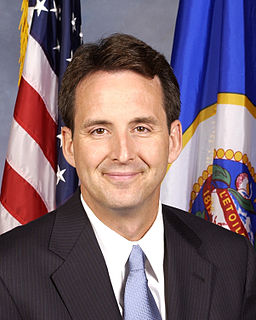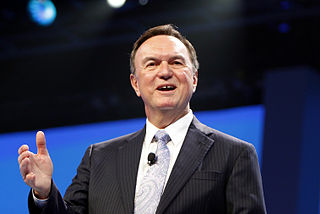A Quote by Paul Polman
Left unchecked, climate change risks not only making the poorest poorer, but pulling the emerging middle classes back into poverty, too.
Related Quotes
Poor people of all colors are getting poorer and our communities are getting more toxic. There is a misconception that to grow our economy we will have to do business as usual, because cleaning up the environment, mitigating climate change is just too costly. Well, I say the business of poverty is just too expensive a bill for humanity to pay any longer.
Making information free is survivable so long as only limited numbers of people are disenfranchised. As much as it pains me to say so, we can survive if we only destroy the middle classes of musicians, journalists, and photographers. What is not survivable is the additional destruction of the middle classes in transportation, manufacturing, energy, office work, education, and health care. And all that destruction will come surely enough if the dominant idea of an information economy isn't improved.



































